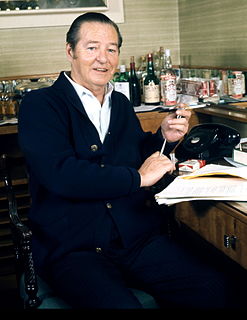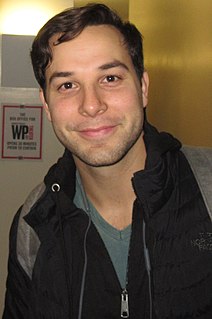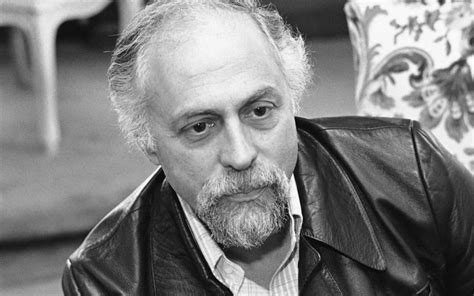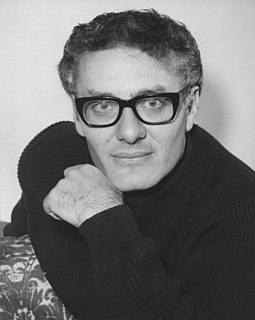A Quote by Edward Albee
Do you know what a playwright is? A playwright is someone who lets his guts hang out on the stage.
Quote Topics
Related Quotes
A playwright, especially a playwright whose work deals very directly with an audience, perhaps he should pay some attention to the nature of the audience response - not necessarily to learn anything about his craft, but as often as not merely to find out about the temper of the time, what is being tolerated, what is being permitted.
By some curious mischance, a couple of my plays managed to hit an area where commercial success was feasible. But it's wrong to think I'm a commercial playwright who has somehow ceased his proper function. I have always been the same thing - which is not a commercial playwright. I'm not after the brass ring.
Stage is so important because it teaches me how to convey character with words - how to convey how a character reacts by the way they appear on stage. I can usually tell a playwright from someone who has never written for the stage. Did the character work? Did the dialogue reveal who the character is?


































